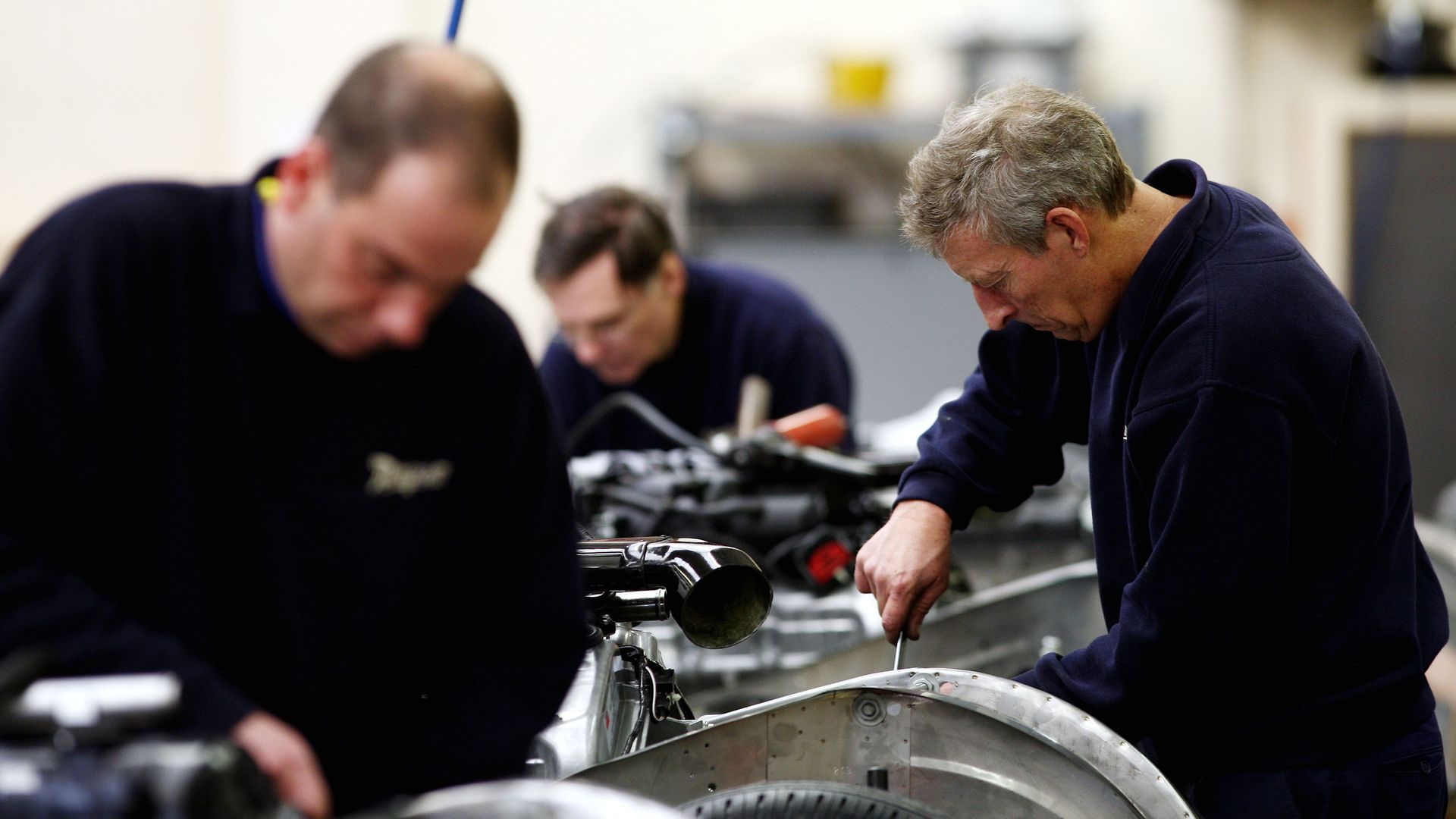
Two in five firms that trade with the EU expect to see a fall in business compared to before the coronavirus crisis, a new study suggests.
A survey of more than 700 company directors also found that almost two-thirds were still finding it challenging to adjust to new post-Brexit trading arrangements.
Customs changes and non-tariff barriers were cited as the biggest obstacles by respondents to the Institute of Directors (IoD).
Chief economist Tej Parikh said: “It has been a tumultuous time for UK firms with EU customers and supply chains. The double whammy of the pandemic and the costs of adjusting to new trading arrangements is likely to dampen trade with the bloc over the coming year at least.
“Smaller traders have come through the past year with damaged balance sheets, and are currently finding it harder to justify the additional time and cost expended in exporting and importing across the Channel.
“Many organisations are still getting their heads around customs changes and new non-tariff barriers. Snags in global supply chains and high shipping costs are also complicating things.
“With importers as well as exporters expecting decreased trading volumes ahead, there is clearly a need for long-term co-operation on both sides of the Channel. Otherwise, this disruption risks permanently dissuading businesses from trading with the EU.”
Warning: Illegal string offset 'link_id' in /mnt/storage/stage/www/wp-includes/bookmark.php on line 357
Notice: Trying to get property 'link_id' of non-object in /mnt/storage/stage/www/wp-includes/bookmark.php on line 37






